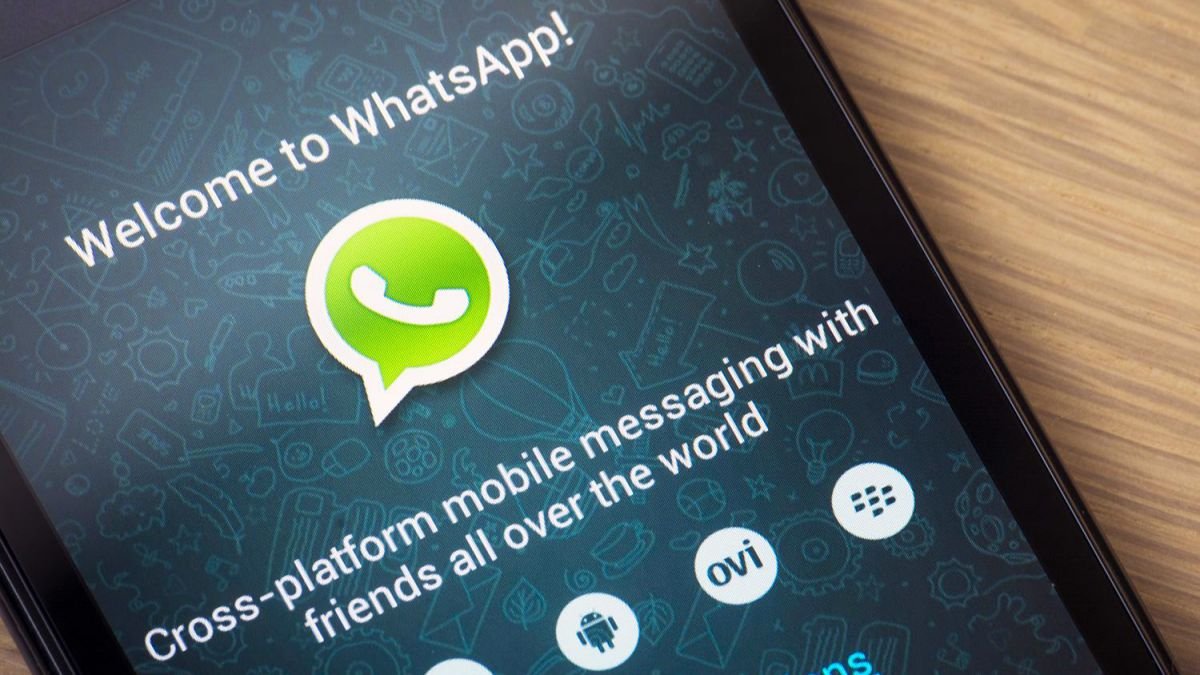WhatsApp has rolled out end-to-end encryption for messages on Android, iOS, Blackberry, Windows and other platforms. This development means that only the sender and the recipient will be able to view the content transmitted via the messaging app.
By integrating the latest security technology, messages can’t be intercepted as they travel between devices and will be useful for users like journalists and professionals who care about security and privacy.
Commenting on the announcement, WhatsApp co-founders Jan Koum and Brian Acton revealed that messages exchanges via the app can’t be viewed by third party people like hackers and by the company officials itself.
The latest encryption comes as a surprise for foreign governments and US agencies since they will not be able to intercept instant messages and voice calls, even with a warrant.
Previously, in UK, politicians have opposed to encryption, forcing companies to install backdoors that would weaken that security so that messages can be read by spies.
WhatsApp, meanwhile, through a blog post has disclosed that they have added the new and stronger measures to provide a safe platform for users to communicate with each other in a secured manner.
However, the company should address the core issue of what happens when the messaging app is used for illegal activities which pose a serious threat to the peace and security of a country. The company should, at least, provide transcripts of messages in decrypted format to law enforcement agencies on demand.
According to WhatsApp, efforts to weaken encryption pose a serious threat to people’s privacy and it is the responsibility of the company to protect people from cyber-criminals, hackers, and rogue states.
Even though WhatsApp will still be able to access some important data, such as the behavior of its users, the company will not be able to decipher actual content of conversations since they are much harder to read. The company is also considering a move to add end-to-end encryption to other services as well in the future.





